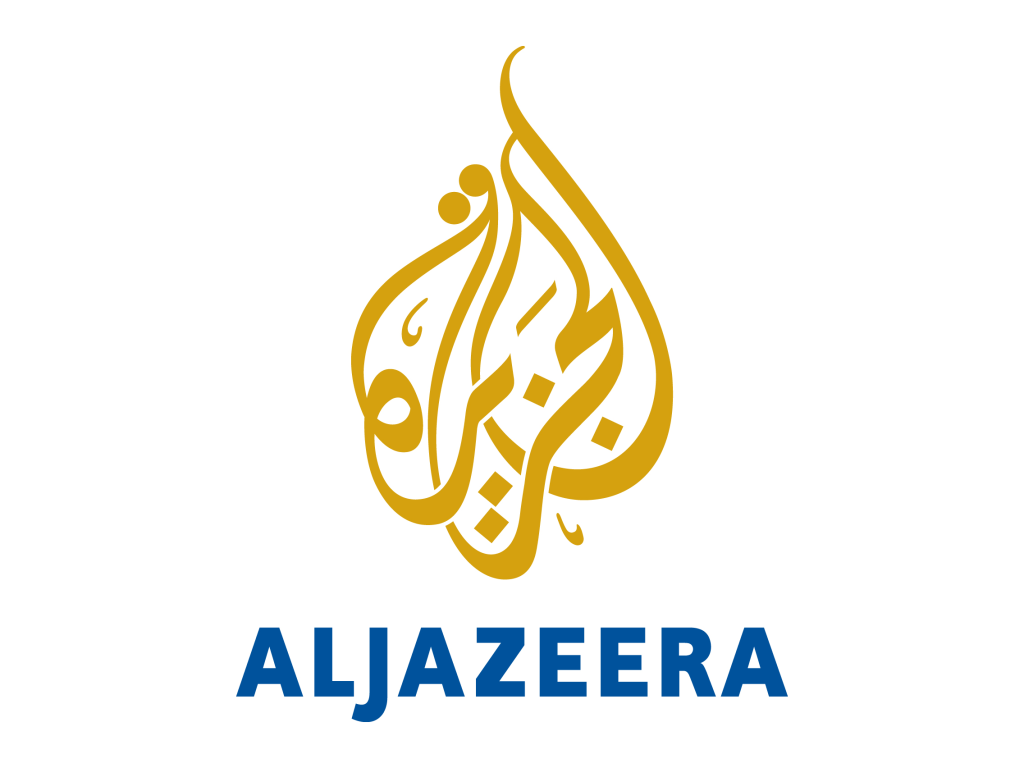ARTICLE AD
Laos, which is chairing the group this year, stresses need for engagement as thousands killed in three years of violence.
Published On 30 Jan 2024
Southeast Asian foreign ministers have called for a “Myanmar-owned and led solution” to the crisis in Myanmar that began when the military seized power in a coup three years ago, and has left thousands dead.
The call from the Association of Southeast Asian Nations (ASEAN) followed a meeting on Monday of the 10-member grouping’s foreign ministers in Laos, which was attended by an official from Myanmar for the first time in two years.
The ministers also gave their backing to efforts by Alounkeo Kittikhoun, Laos’s special envoy on the crisis, in “reaching out to parties concerned”.
Myanmar was plunged into crisis when the generals removed the elected government of civilian leader Aung San Suu Kyi on February 1, 2021, and seized power, responding with brutal force to mass protests against its rule and sparking an armed uprising.
More than 4,400 civilians have been killed since and the military is holding nearly 20,000 people in detention, according to the Assistance Association for Political Prisoners, a local monitoring group.
ASEAN, which Myanmar joined in 1997, has been leading international diplomatic efforts on Myanmar but has made little progress since unveiling the so-called five-point consensus to end the crisis at a summit attended by coup leader Min Aung Hlaing shortly after the power grab.
The generals have ignored the plan and have been banned from attending ASEAN’s summits and ministerial meetings.
Laos, a one-party communist state on Myanmar’s northeastern border, is chairing ASEAN this year.
Kittikhoun travelled to Myanmar earlier this month where he met Min Aung Hlaing and the two discussed “efforts of the government to ensure peace and stability”, according to Myanmar’s state media. Neither ASEAN nor Laos have commented on the trip and it is unclear whether he met any anti-coup groups.
The conflict has deepened since an alliance of anti-coup forces and ethnic armed groups began a major offensive towards the end of last year in northern Shan State and western Rakhine.
The alliance claims to have overrun dozens of military outposts and taken control of key towns.
More than 2.6 million people have been forced from their homes over three years of fighting.
The military government has shown no willingness to open talks with its opponents and describes them as “terrorists”. It has also accused ASEAN of interfering in its internal affairs.
Laos stresses engagement
The ASEAN statement did not elaborate on whether the “Myanmar-owned and led solution” would involve discussions with the National Unity Government, the administration established by elected politicians who were removed in the coup as well as supporters of democracy in the wake of the power grab.
The military sent Marlar Than Htike, the ASEAN’s permanent secretary at the Foreign Ministry, to the meeting in Laos, accepting for the first time ASEAN’s invitation for it to send a “non-political” representative to meetings.
Laos’s Foreign Minister Saleumxay Kommasith welcomed Myanmar’s attendance.
“This time we feel a little bit optimistic that the engagement may work, although we have to admit that the issues that are happening in Myanmar will not resolve overnight,” he said.
“We are sure that the more we engage Myanmar, the more understanding … about the real situation that is happening in Myanmar.”
The crisis has caused friction within ASEAN with some members pushing for a firmer line with the military and engagement with the NUG.
A spokesman from Indonesia, which chaired the grouping last year, insisted Monday’s attendance was not a sign that policy had changed.
“It is true that a Myanmar representative was present at the ASEAN FM meeting in Luang Prabang. The attendance was not by a minister-level or political representative. So, it is still in line with the 2022 agreement of the ASEAN leaders,” Lalu Muhamad Iqbal told the AFP news agency.
Laos’s Foreign Minister Kommasith told reporters that Thailand would provide more humanitarian assistance to Myanmar.
“We think humanitarian assistance is the priority for the immediate period of time when implementing the five-point consensus,” he said, referring to the April 2021 consensus.
The plan calls for the immediate cessation of violence in Myanmar, a dialogue among all concerned parties, mediation by an ASEAN special envoy, provision of humanitarian aid through ASEAN channels and a visit to Myanmar by the special envoy to meet all concerned parties.
Indonesia, Thailand, Singapore, the Philippines, Vietnam, Malaysia, Myanmar, Cambodia, Brunei and Laos have a combined population of nearly 650 million people and a total gross domestic product (GDP) of more than $3 trillion.
Laos is the group’s poorest nation and one of its smallest.
It has close ties to China with which it also shares a border.
Source
:
Al Jazeera and news agencies

 10 months ago
62
10 months ago
62 